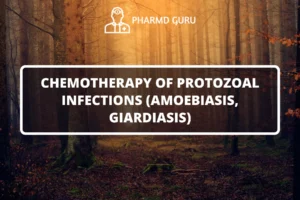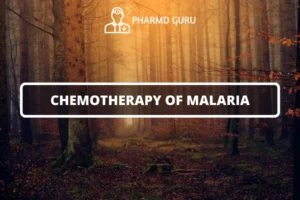CHEMOTHERAPY OF CANCER (NEOPLASMS)
Chemotherapy is a critical component of cancer treatment, also known as neoplasms, and plays a significant role in combating cancer cells and preventing their growth and spread. This article aims to explore the essential aspects of chemotherapy, including its mechanisms of action, commonly used medications, administration methods, potential side effects, and its role in conjunction with other cancer treatments.
SCROLL DOWN TO THE BOTTOM OF THIS PAGE FOR ACTUAL NOTES.
Introduction
Cancer, also known as neoplasms, is a complex disease characterized by the uncontrolled growth and division of abnormal cells in the body. Chemotherapy is a systemic treatment that uses medications to target and destroy cancer cells, either by inhibiting their ability to grow or by causing their death. It is often used in combination with other cancer treatments to improve outcomes and enhance the overall effectiveness of cancer management.
Understanding Cancer (Neoplasms)
Cancer is a broad term encompassing various types of malignant neoplasms that can affect virtually any tissue or organ in the body. These abnormal cells form tumors and can invade nearby tissues and organs, as well as spread to distant sites in a process called metastasis. Cancer can cause a range of symptoms depending on its location and stage of progression.
Mechanisms of Action of Chemotherapy
Chemotherapy works by targeting rapidly dividing cells, which is a hallmark characteristic of cancer cells. It can interfere with the cell’s ability to divide and multiply, leading to cell death. Chemotherapeutic drugs can affect both cancer cells and some normal cells, such as those lining the digestive tract and the hair follicles. This is why side effects commonly associated with chemotherapy include gastrointestinal issues and hair loss.
Commonly Used Chemotherapeutic Medications
There are numerous chemotherapy drugs available, each with its unique mechanism of action and spectrum of activity against different types of cancer. Some commonly used chemotherapeutic medications include:
- Paclitaxel: Effective against breast, ovarian, and lung cancers.
- Cisplatin: Used for the treatment of testicular, bladder, and ovarian cancers.
- Fluorouracil (5-FU): Active against colorectal, breast, and head and neck cancers.
- Doxorubicin: Effective against breast cancer, lymphomas, and sarcomas.
Administration of Chemotherapy
Chemotherapy can be administered in various ways, depending on the type of cancer and the specific medication. Common administration methods include:
- Intravenous (IV) infusion: Directly into the bloodstream through a vein.
- Oral administration: Taken as pills, capsules, or liquids.
- Intramuscular (IM) injection: Into the muscle tissue.
- Subcutaneous injection: Under the skin.
The choice of administration method depends on factors such as the type of cancer, the stage of the disease, and the specific goals of treatment.
Side Effects and Management
Chemotherapy can cause side effects as it affects not only cancer cells but also normal cells. Common side effects include nausea, vomiting, hair loss, fatigue, and increased susceptibility to infections. However, it’s important to note that not all individuals experience the same side effects, and advancements in supportive care have helped in managing and minimizing them. Healthcare providers work closely with patients to anticipate and address potential side effects, ensuring the best possible quality of life during treatment.
Combination Therapies: Chemotherapy with Surgery, Radiation, and Immunotherapy
Chemotherapy is often used in combination with other cancer treatments to maximize its effectiveness. It can be administered before surgery to shrink tumors, after surgery to eliminate any remaining cancer cells, or in conjunction with radiation therapy to enhance its effects. Additionally, recent advancements in cancer treatment have led to the emergence of immunotherapy, which harnesses the body’s immune system to fight cancer. Combining immunotherapy with chemotherapy has shown promising results in certain types of cancer, improving overall treatment outcomes.
ACTUAL NOTES:




